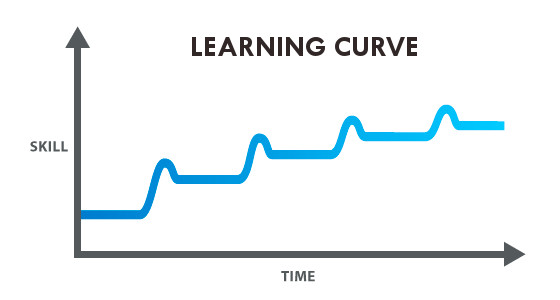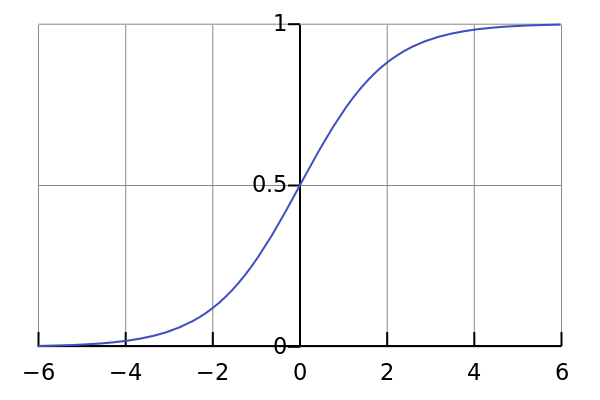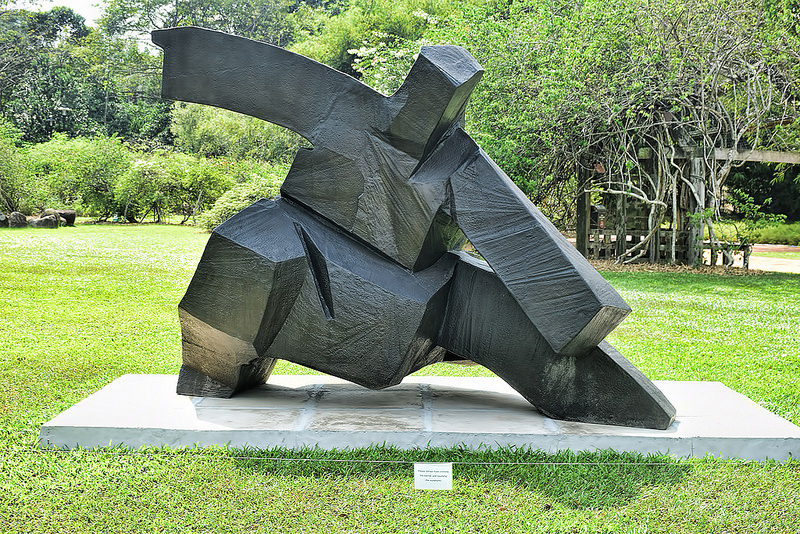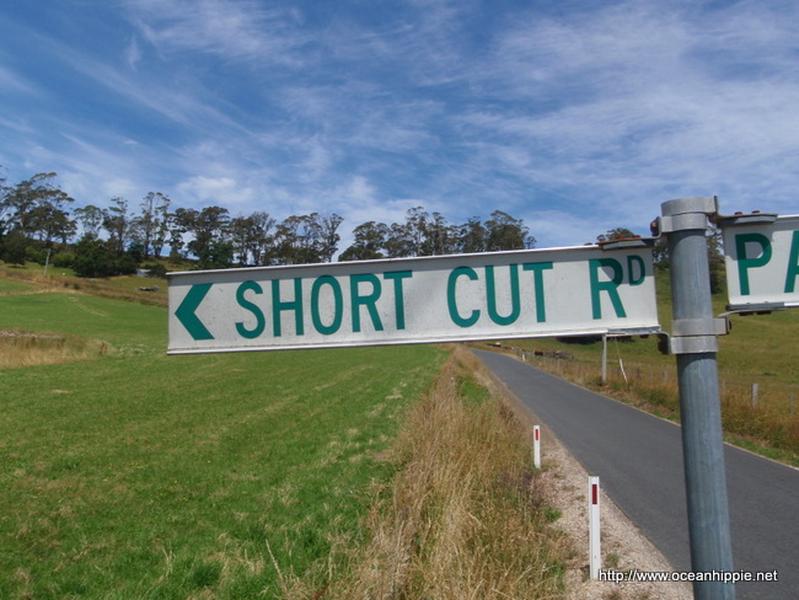… or why fundamental technique is your friend
You know when you try to take some kind of shortcut, and it ends up taking you way longer to get to where you’re going? This might be in actually traveling to get somewhere, or in trying to achieve some specific goal.
We’ve all tried “the unthinking short path”. It’s when you’ve tried to brute-force your way through without knowing what you’re doing.
The other alternative is the “overcomplicated short path”. Like when you were still learning to read. The teacher would go around the classroom getting each student to read a sentence. You’d count ahead, figure out which bit to read, and then, blam! You miscounted, or the teacher changes the order and you’re left flat-footed.
With these methods, sometimes you get there, but the result just doesn’t hold together. Sometime’s you end up with a complete mess.

I’d like to contrast this with the times when you’ve had a really good hard think about something, or asked some advice and you’ve discovered “the simple short path”. It may have been in the way to travel to a destination. It may have been when somebody told you a better way to do a job. Either way, doing some research in advance ends up being a better method 99% of the time.
Learning music is much exactly the same. Humans have been doing the music thing for quite some time. During that time, some humans have worked out the simplest and best ways to play music. I’m not talking the style of music, or how it’s constructed, but the technique you use when it’s played.
A good teacher makes a point of ensuring that you have good technique first. Why? It’s the shortest path to where you want to go musically.
Avoiding the Learning Curve Plateau
If you don’t get your technique settled in at the start, you’ll end up with a plateaued learning curve. It looks something like this:

You move forward, and then get stuck. Sometimes you have to go back and retrace your steps to relearn something in a better way. Sometimes you get permanently stuck and the plateau persists for quite a while. Why do we get stuck with music? Frequently it’s because of an inability within our physical or mental techniques. Once this is fixed, we can move on.
It’s a case of going through the four levels of competence with whatever problem that you’ve encountered. The biggest trick, of course, is knowing what you don’t know (or what you’re doing wrong). The second trick is knowing what to practice to fix the problem. From that point on, it becomes a matter of doing the skill enough times to make it automatic (unconscious competence).
When you get some fundamental technique in place first, you’ll get to move forward in a more steady curve. It can even resemble an S-curve (see the Sigmoid Curve):

The same applies if you’re stuck on a long plateau and someone teaches you a better way to do what you’re doing.
This works out a lot better in the long run. Don’t worry about the steep bit at the end of the S-curve. When you get very good at what you’re learning. The refinements you’d like to make can take quite a while because they’re very subtle. If you’re not already close to mastery on your instrument, this flat bit is nothing for you to worry about.
Technique is a means to and end…
…. Not and end in itself. What does that mean?
Sometimes, players get so caught up with technique that they forget the reason for it in the first place. My favourite quotation about this is:
“Technique is the means to let the heart fly freely”
I think it’s a lovely poetic expression of what technique is all about. I thought that it was attributed to the french composer Olivier Messiaen. I can’t, however, find it on the all-knowing internet, so if anyone know’s what the actual quote is and who it’s attributed to, please let us know in the comments.
The technique allows you to remove impediment from expression. Have good technique means having the freedom to get our what you want to say. Once you’ve got the technique, the next important step, of course, is to have something to say.
Don’t Think About Technique
To have complete freedom to express yourself, you need to not be thinking about technique. Once again, subconscious competence comes to the rescue. Having good technique as a completely automatic habit, means that you have the free brain space to get on with expression.
Good technique means relaxed technique. Learn to relax while playing and learning. This will promote faster learning, increase your accuracy and decrease your risk of injury.

Avoid Injury
Avoid Downtime due to injury. If you can’t practice for weeks or months that will obviously slow your progress. Permanent injury can happen and then you’ve never achieved your musical goals. Good technique will be relaxed with no strain and will minimise the amount of fatigue that you feel from playing or singing. If music practice hurts its wrong (tweet this).
The Fastest Way Forward
In the end, the fastest way to learn any instrument is with a solid, relaxed technique on your side. Get a good teacher who’s interested in sound fundamental technique and move your playing along at the best pace.
Andrew Farnham is the director of Independent Music Academy where he leads the Guitar Lessons team.
Book an introductory music lesson and start following your musical dreams.
